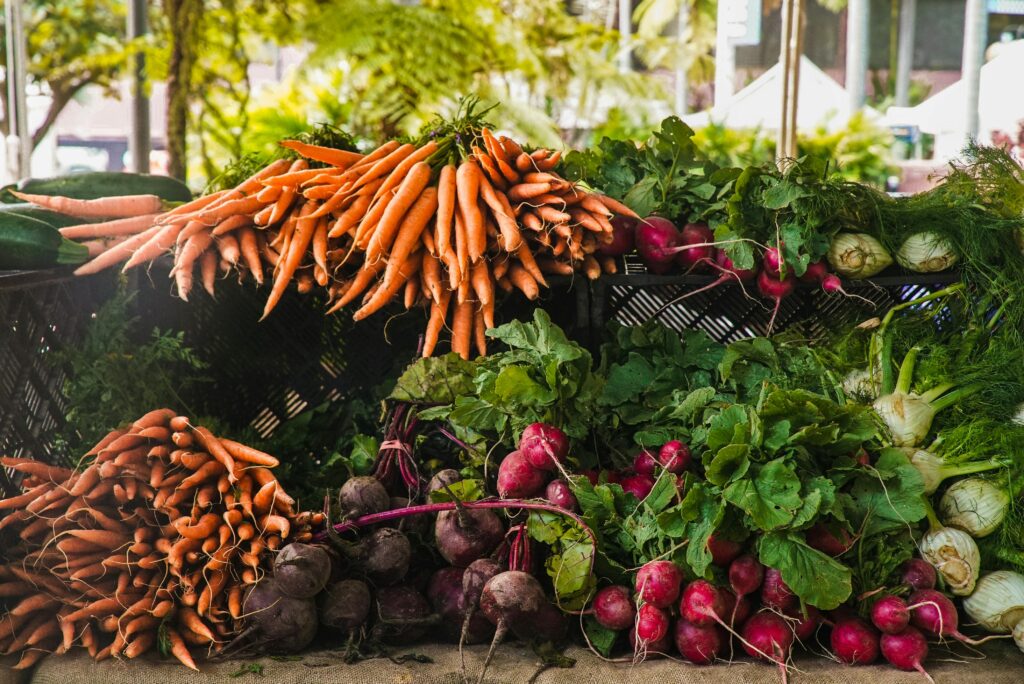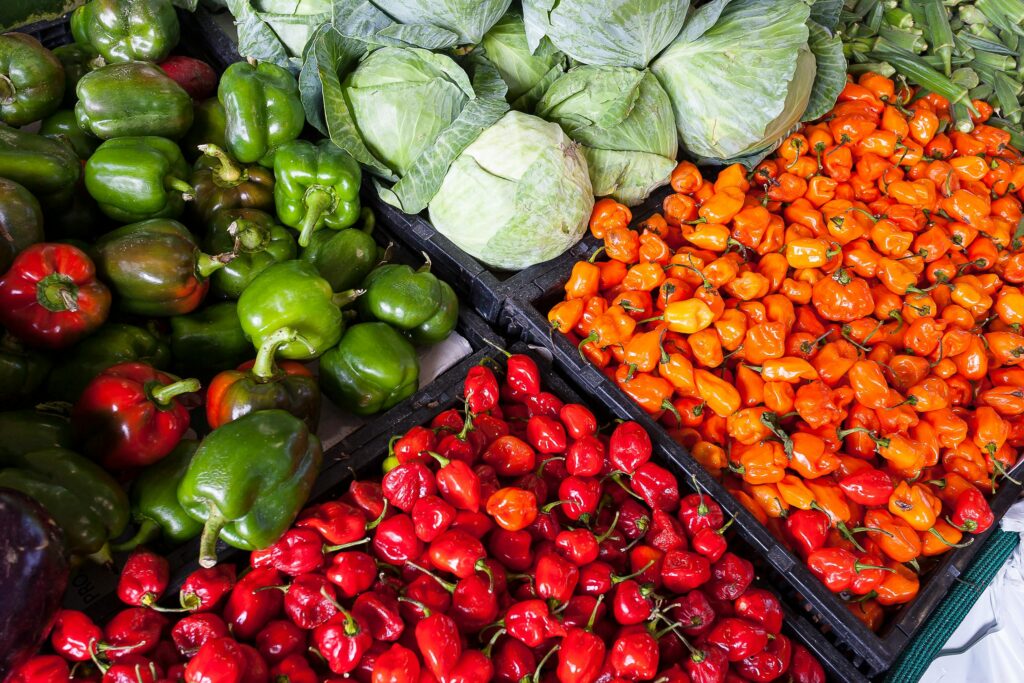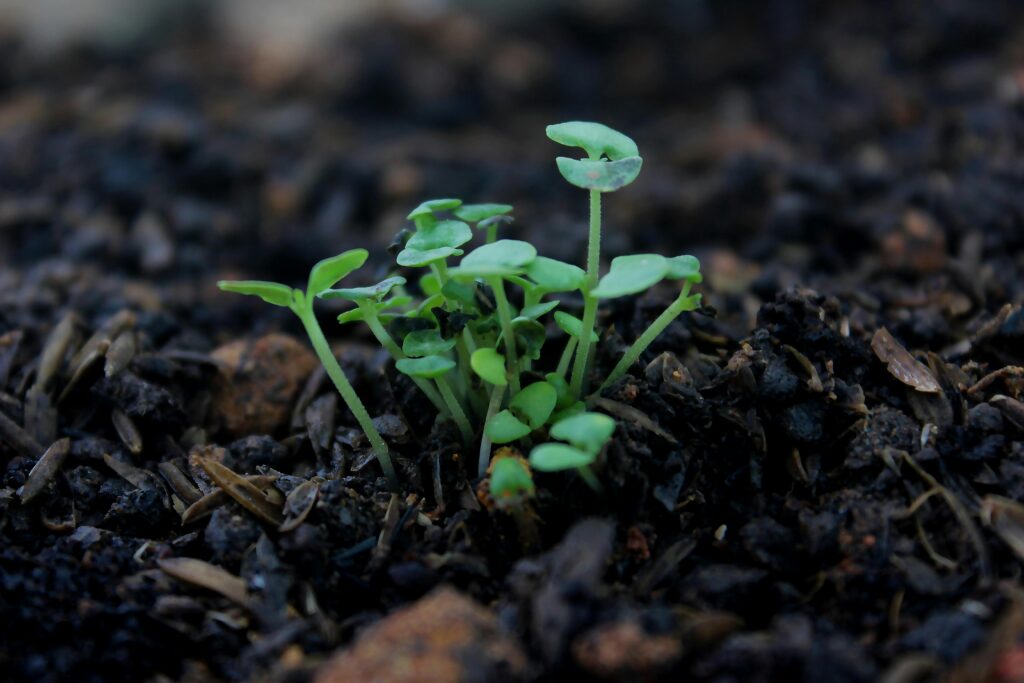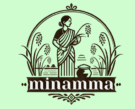Table of Contents
Organic farming is more than just a sustainable agricultural method. In India, it has become a movement of empowerment, particularly in rural areas. At Minamma, our mission is to take this natural revolution global by exporting premium organic produce—rice, jowar, maize, and cotton—from the heart of Indian villages to countries across the world.
With the increasing demand for chemical-free, healthy, and eco-friendly food, organic farming is emerging as a viable solution that not only benefits consumers but also uplifts farmers economically and socially.


Understanding Organic Farming
Organic farming is a method of crop and livestock production that involves much more than choosing not to use synthetic fertilizers, pesticides, genetically modified organisms, and antibiotics. It is a holistic approach to farming that respects the natural life cycle of the soil, plants, and animals.
Key principles of organic farming include:
- Enhancing soil fertility using compost and green manure
- Crop rotation and diversity
- Natural pest and weed control
- Use of organic seeds and indigenous practices
In India, these principles align well with traditional agricultural methods, making the transition smoother for rural farmers.
Organic Farming in India: A Growing Movement
India has witnessed a significant surge in organic farming in recent years. According to APEDA (Agricultural and Processed Food Products Export Development Authority), India has become one of the largest exporters of organic products globally. States like Sikkim (100% organic), Uttarakhand, Madhya Pradesh, Rajasthan, and Andhra Pradesh are leading this green transformation.
The rise of organic farming is driven by:
- Rising global demand for organic food
- Government schemes and subsidies
- NGO and private sector involvement
- Export potential
Minamma has been at the forefront of connecting rural Indian farmers to international markets, ensuring fair prices and sustainable practices.
Empowering Rural Farmers Through Organic Farming
1. Economic Empowerment
Organic farming provides rural farmers with better economic opportunities. Unlike conventional farming, which relies heavily on expensive chemical inputs, organic farming reduces production costs through the use of natural compost, green manure, and on-farm resources.
At Minamma, we ensure our partner farmers receive:
- Fair trade pricing
- Premium rates for certified organic produce
- Direct market access without middlemen
- Long-term contracts that guarantee income stability
2. Skill Development and Training
To succeed in organic farming, knowledge is essential. Minamma conducts regular training workshops on:
- Composting and soil management
- Pest and weed control using natural methods
- Certification processes for organic farming
This not only improves yields but also equips farmers with life-long sustainable farming skills.
3. Access to Global Markets
Through our export platform, rural farmers get direct access to global markets where the demand and price for organic products are significantly higher. Our branding and quality assurance help Indian farmers gain international recognition.
We export:
- Organic rice rich in taste and nutrition
- Jowar and maize, gluten-free grains for global health markets
- Ethical organic cotton for sustainable fashion industries
4. Environmental Sustainability
Organic farming helps preserve biodiversity and improve soil health. It prevents land degradation and contamination of water resources, which is crucial for the long-term livelihood of rural communities.
Farmers under the Minamma network report:
- Better water retention in soil
- Improved crop diversity
- Higher resilience against climate change
5. Health Benefits for Farming Communities
Reduced use of chemicals means fewer health risks for farmers and their families. Organic farming ensures that the people who grow our food also live healthier lives.
Several of our farmers have shifted entirely to organic methods after seeing a direct improvement in their own health and that of their livestock.
Challenges in Organic Farming for Rural India

Despite the benefits, there are challenges:
- Initial yield drops during transition
- Lengthy and costly certification processes
- Market access issues for small-scale farmers
Minamma addresses these by:
- Offering transition support for 2-3 years
- Handling certification costs and documentation
- Aggregating small farmers under cooperative models
We believe these steps make organic farming more inclusive and accessible.
Real Stories from the Field
Case Study 1: Lakshmi from Telangana
Lakshmi, a small-scale cotton farmer, transitioned to organic farming with Minamma’s help. Within three years, her income doubled, and she now trains other women in her village on organic practices.
Case Study 2: Ravi from Maharashtra
Ravi’s family farm used to struggle with soil degradation. After switching to organic jowar and maize, his soil health improved dramatically. Today, he supplies organic maize to European food companies through Minamma.
Why the World is Choosing Indian Organic Products
- Indian organic products are grown using ancient farming wisdom
- The country’s diverse climate allows for a variety of organic produce
- Global consumers trust India’s commitment to sustainable agriculture
Minamma ensures this trust is upheld through rigorous quality checks and transparent sourcing.
The Role of Government and NGOs
Government schemes like Paramparagat Krishi Vikas Yojana (PKVY) and Mission Organic Value Chain Development (MOVCDNER) are actively promoting organic farming in rural India. NGOs and cooperatives also play a vital role in mobilizing farmer groups.
Minamma works closely with these stakeholders to create a cohesive support system.
Future of Organic Farming in India
With growing awareness and demand, the future of organic farm in India is bright. It is expected that:
- The organic farm sector will grow at a CAGR of over 20%
- More than 10 million hectares will be under organic cultivation by 2030
- Rural incomes will see a significant rise through exports and domestic demand
Minamma is committed to being a catalyst in this transformation by expanding our farmer network and reaching more international markets.
Conclusion
Organic farming is more than a trend; it’s a powerful tool for rural empowerment in India. By choosing natural methods, rural farmers are not just growing crops—they are cultivating a better future for themselves and the planet.
At Minamma, we are proud to support this journey by bringing India’s finest organic produce—rice, jowar, maize, and cotton—to global consumers who value health, sustainability, and social impact.
Join us in empowering rural India—one organic farm at a time.
